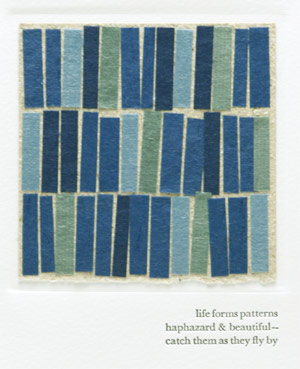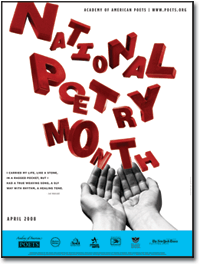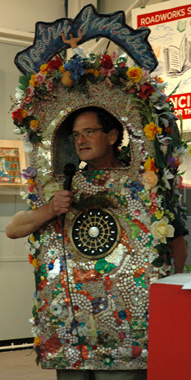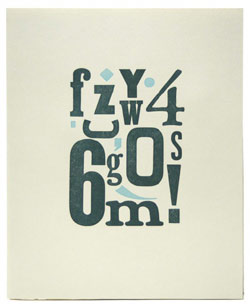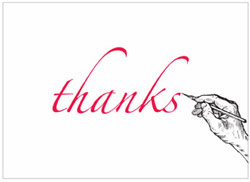 Wow! Did I ever hit the jackpot! So many great poems were submitted to my giveaway celebrating National Poetry Month. Lots of poets and verse I hadn’t read — good thing I didn’t make the criteria “my favorite” and instead selected a name out of a hat! As one entrant emailed me “selecting a favorite poem is akin to naming one’s favorite child! It simply can’t be done.”
Wow! Did I ever hit the jackpot! So many great poems were submitted to my giveaway celebrating National Poetry Month. Lots of poets and verse I hadn’t read — good thing I didn’t make the criteria “my favorite” and instead selected a name out of a hat! As one entrant emailed me “selecting a favorite poem is akin to naming one’s favorite child! It simply can’t be done.”
And the winner of my broadside is Lauren, at one {crafty} writer, who submitted Mark Strand’s Coming to This.
Thanks again to everyone! Here’s a poem I would have submitted, one I never tire of:
Numbers
Mary CornishI like the generosity of numbers.
The way, for example,
they are willing to count
anything or anyone:
two pickles, one door to the room,
eight dancers dressed as swans.I like the domesticity of addition —
add two cups of milk and stir —
the sense of plenty: six plums
on the ground, three more
falling from the tree.And multiplication’s school
of fish times fish,
whose silver bodies breed
beneath the shadow
of a boat.Even subtraction is never loss,
just addition somewhere else:
five sparrows take away two,
the two in someone else’s
garden now.There’s an amplitude to long division,
as it opens Chinese take-out
box by paper box,
inside every folded cookie
a new fortune.And I never fail to be surprised
by the gift of an odd remainder,
footloose at the end:
forty-seven divided by eleven equals four,
with three remaining.Three boys beyond their mothers’ call,
two Italians off to the sea,
one sock that isn’t anywhere you look.

